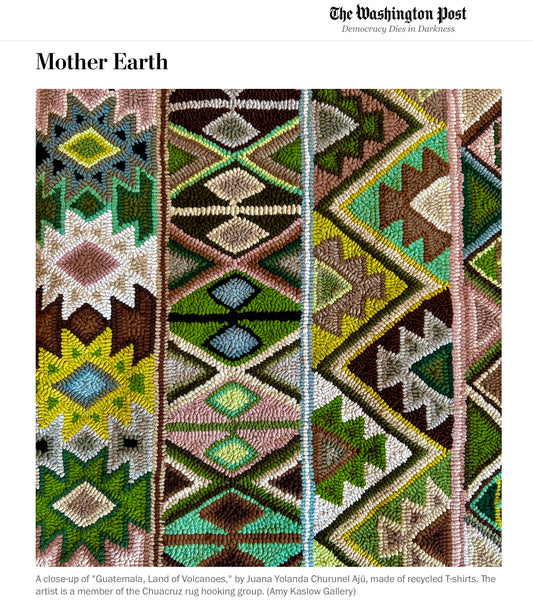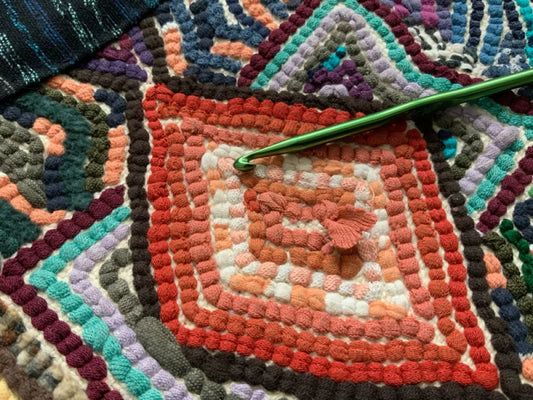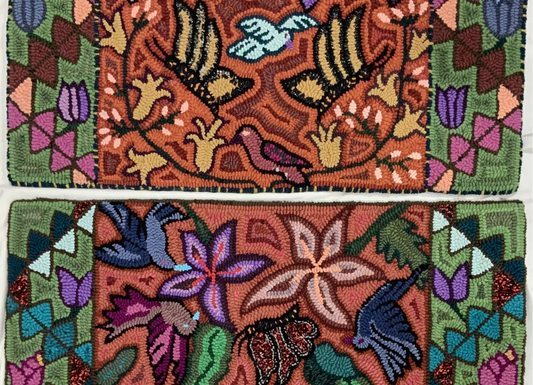When we first thought about launching a leadership program in 2017, we began with a workshop called the Life Project. Several artists participated, led by Multicolores co-founder and director at the time, Reyna Pretzantzin.
We asked the artist participants:
- How do they see themselves now, and how do they see themselves in the future?
- Who are they in this moment, and where do they want to go from here?
- What is their mission in life?
- What do you work for?
- What changes would you like to see in your life?
Many of the artists had never done an activity like this in their life, but they began to express themselves and share their opinions. Listening to their responses, we realized that they had many dreams. Many of them expressed that they had always wished to pursue their studies, learn how to play an instrument, continue to learn, and improve their communication with their family members. They saw themselves as timid people who feared expressing themselves.
And so the idea of designing a holistic leadership program was born from all the insights we gleaned from the Life Project workshop. The artists’ opinions gave the program shape and direction, and we began to plan different educational workshop themes that would help the artist leaders develop their aptitudes.
The first hurdles

The first challenge was inviting nine artists from five rug hooking communities to participate in a three-year program. During this three-year period, they would commit to traveling from their community to Panajachel two days per month. The training they would receive would contribute to each leader’s personal growth and her leadership within her family, artist group, and community.
The challenge that every artist faced was that they would have to leave their families for two days—including several artists who would leave young children. From my experience, this was an enormous challenge, because it’s not easy for Maya women to leave behind their many family responsibilities. What was impressive about the artists who accepted the challenge is that they had to initiate proactive communication with their families, organizing the support of other family members so that they could participate in the leadership development process.
Achieving a holistic training model
For me, the other great challenge was seeking out people who could contribute to the program implementation. During the three years of the program, we were lucky to have many collaborators who contributed to the artists’ holistic growth.
The workshop leaders included the Multicolores team, a psychologist, motivational speakers, dance, music, and theater teachers, English instructors, and several judges who led the artists’ training as community justice guides.
My favorite memories

I have to say that every moment of the program was important, and it’s almost impossible to choose a favorite memory, because interacting with the artists in such a personal way fills my heart. Knowing that talented Maya women saw this program as a valuable opportunity to develop their own capabilities and keep moving forward is truly impressive. When I witness the contributions that each one has made in their communities toward achieving shared goals, I am inspired and motivated.
Despite all the challenges and obstacles that each one of them faced, the leaders seized these new opportunities to leave their communities and begin a process of developing their own skills. In this process, they would not be earning an income, but rather they would receive the satisfaction of contributing to their own personal development. Most importantly, they would invest in themselves and the importance of their personal growth, to later continue improving their circumstances. The leaders bet on their own potential.
A world of new possibilities

As I reflect on the situation in many of our rural communities, women have limited chances to participate in workshops or personal development opportunities, for the simple fact of being women and the responsibilities that come with that role. Women’s own needs and interests too often come last, after the needs of all others. For that reason, I feel satisfied that these nine artists have shown an impressive openness to their own development, including the challenges inherent in the process. Each one of them now sees the importance of self-development, which opens a world of new possibilities to propose, enact, and effect change in our own families, groups, and society.
During the whole leadership program, the facilitators played a very important role in motivating, inspiring, and contributing to the artists’ development. Our facilitators helped the leaders make the very most of this opportunity and develop the skills to face new challenges, without the fear of failure.
Reflections from the leaders
So many moments come to mind when I think about discoveries and reflections. It touched my heart when Rosmery shared her experience:
“For many reasons, I couldn’t finish my schooling. But I see the Leadership Program as an opportunity to face my fear, a safe space in which I can express myself, so that later I may think about opportunities to continue with my studies.” -Rosmery Pacheco
I grew along with them

From my own personal standpoint, I learned so much from each one of the artists. I grew alongside them through all the trainings and workshops, learning from their resilience and ability to overcome adversity. Working closely for three years with very talented women inspires me to give the best of myself every day. My dream is to see women from our communities access more opportunities for personal development and other chances to improve their quality of life. This implies betting on and believing in the fact that each woman in the world is important in our forward progress toward implementing a more equitable world.
Implementing the Leadership Program was a challenge, but I also am grateful for all the support from the Multicolores team and leadership, who all contributed in different ways. I also thank the Delta Foundation for supporting and believing in this program from the beginning.
I am grateful for the opportunity to bring this program to life, together with a group of people all committed to achieving a change in our society.
– Aura Marina Pérez Can, Social Programs Coordinator
Aura developed and implemented the Leadership Program, beginning in 2017 and culminating in 2022 with a graduation ceremony.





